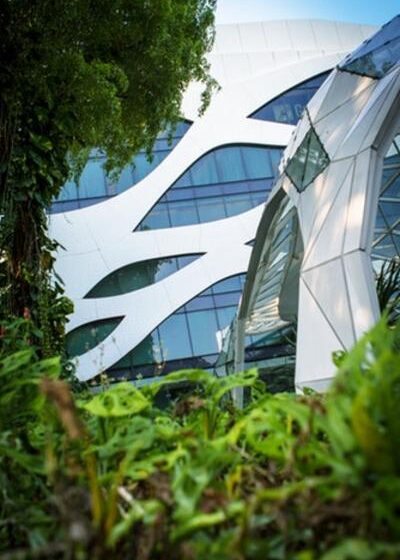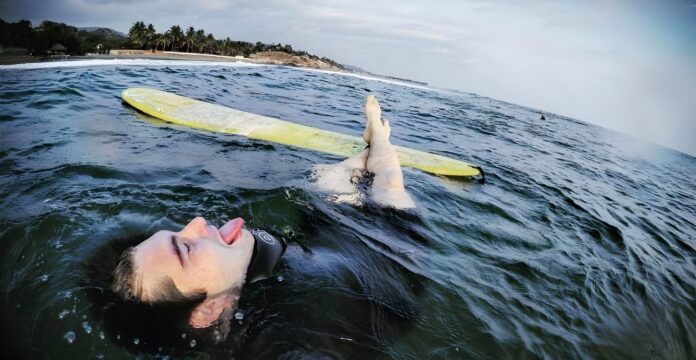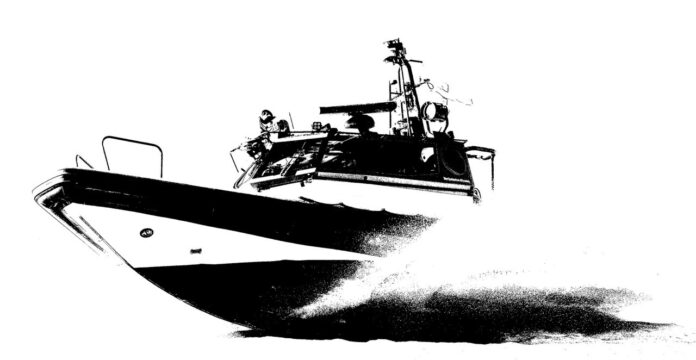In my opinion, the academia has a vital role in addressing new challenges and has a huge responsibility as it directly affects the real course of things, especially in business sphere. I believe that the academia and real business should go together, as theory and practice. That is why it is important that businesses and industries bear responsibility for their actions, for their impact on the environment and society by using emerging research trends and knowledge.
For this reason, I defined my research interests in business services design through the scope of TSR (Transformative services research), SDL (Service dominant logic) and service innovations. TSR examines aspects such as the social and ecological consequences, the impact of services on well-being and sustainability. My research aims to identify how to develop transformational services and create a strategy for customer’s value creation and consumer behavior.
According to Anderson & Ostrom (2015) there are eight TSR related themes—co-creation, employee well-being, vulnerable consumers, social support, access, service literacy, service design, and service systems—highlighting the breadth of research that has investigated service and well-being. Authors notice that there has been considerable interest in investigating customers’ roles and activities in service delivery and in their value creation—specifically, what drives these behaviors and their impact on consumers themselves, employees, and firms’ service outcomes. Given the increasing coproduction role of customers and the centrality of consumers in value creation, authors highlighted that there is still much to learn by exploring the nature of the activities and the role of consumers as part of value creation and co-creation activities and their impact on consumer well-being. The second trend in TSR is service design thinking, which emphasizes understanding the consumer/user, envisioning new service experiences, and prototyping them. Service design has made a valuable addition with its emphasis, beyond the individual consumer experience, on multilevel service systems (Patrı´cio et al. 2011).
Vargo and Lusch described SDL as a perspective which is specifically emphasizes service as the foundation of all economic exchanges. It views service employees as a type of operant resource (e.g., human actors) (Vargo and Lusch, 2004). These human actors possess knowledge and skills to activate, operate on, and integrate other available resources, for example, operand resources, which comprise machines or information. According to Vargo and Lusch, service offerings are depicted as value propositions, as companies cannot deliver value, but only offer the potential to co-create value.
This emerging research trend of TSR is needed to be used as lenses for businesses as a new perspective not only for creating a value for customers, but also make businesses to take responsibility for their impacts and outcomes. That is a sphere of my research interest, which I will investigate further during my doctoral studies.
Ekaterina Sofroneeva
PhD student, Marketing
School of Marketing and Communication




